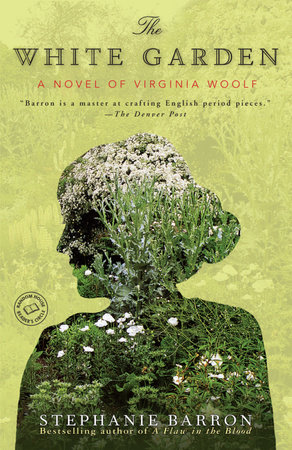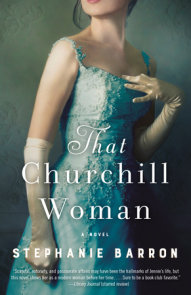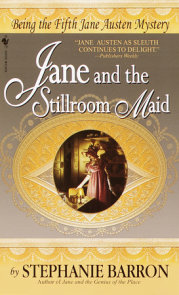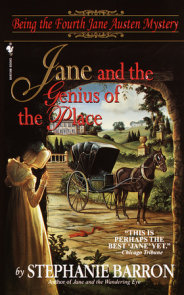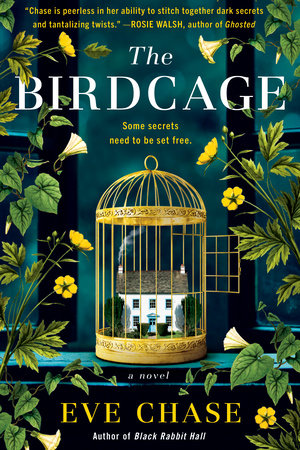

The White Garden
By Stephanie Barron
By Stephanie Barron
By Stephanie Barron
By Stephanie Barron
Category: Literary Fiction | Suspense & Thriller
Category: Literary Fiction | Suspense & Thriller

-
$17.00
Sep 29, 2009 | ISBN 9780553385779
-
Sep 29, 2009 | ISBN 9780553906844
YOU MAY ALSO LIKE
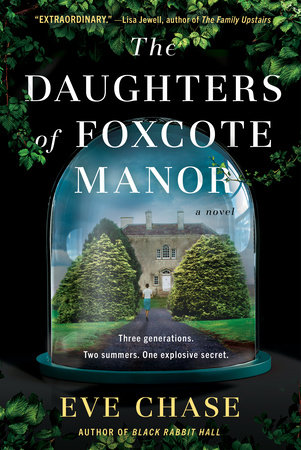
The Daughters of Foxcote Manor
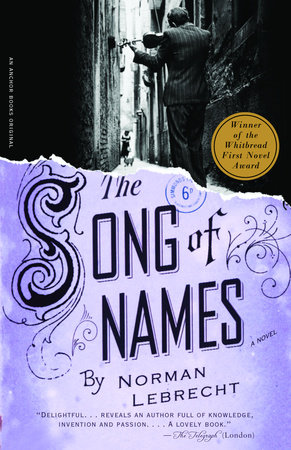
The Song of Names
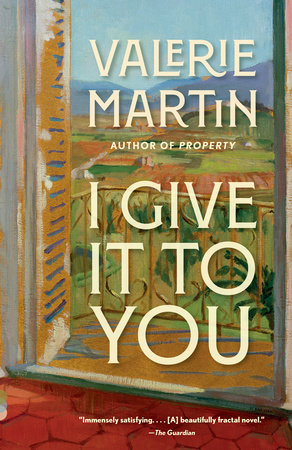
I Give It to You
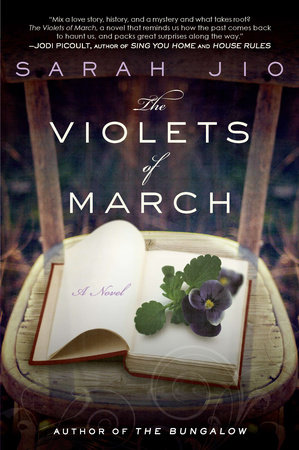
The Violets of March
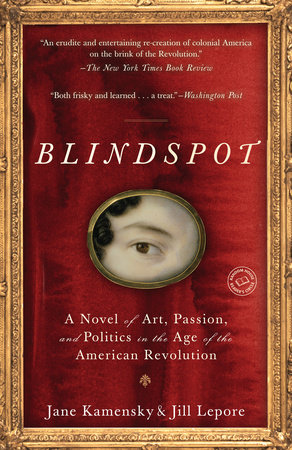
Blindspot
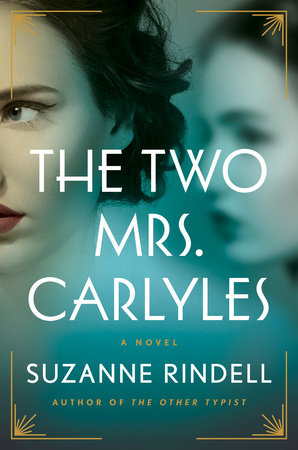
The Two Mrs. Carlyles
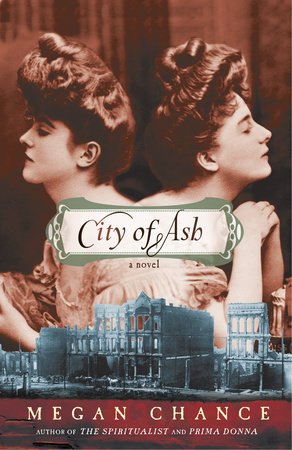
City of Ash
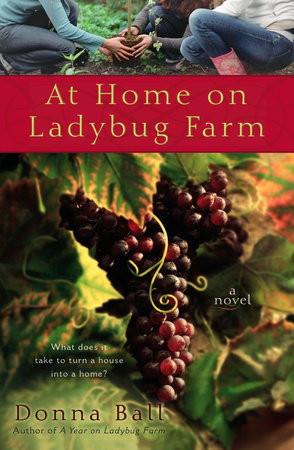
At Home on Ladybug Farm
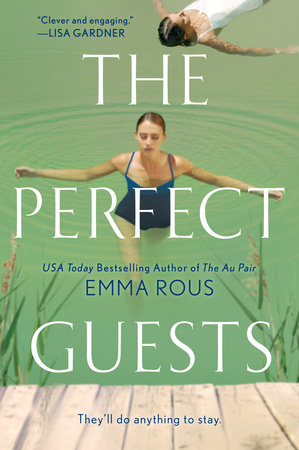
The Perfect Guests
Praise
“Barron is a master at crafting English period pieces.”—Denver Post
“The White Garden grows an intriguing tale, weaving together the tendrils of past and present, growth and corruption, love and despair, into a landscape of hope. This is a mystery in a garden: a garden in war; a garden beset by modernity; a ghostly white garden haunted by the dead.” —Laurie R. King, author of The Language of Bees
“Stephanie Barron has concocted a delicious exploration of what could have happened to Virginia Woolf in the weeks between her disappearance and the day her body floated to the surface of the river Ouse. Part mystery, part a search for redemption, The White Garden will entrance readers from the moment they open it.” —Tasha Alexander, author of And Only to Deceive
21 Books You’ve Been Meaning to Read
Just for joining you’ll get personalized recommendations on your dashboard daily and features only for members.
Find Out More Join Now Sign In








